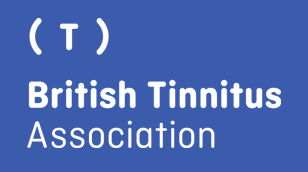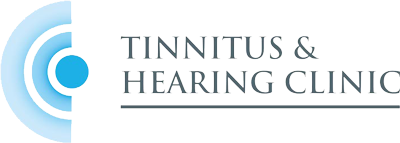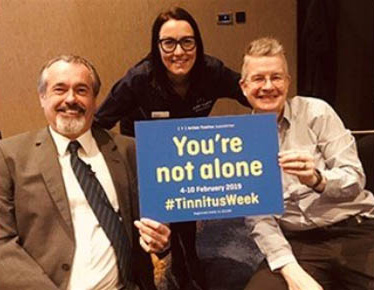The British Tinnitus Association’s Tinnitus Awareness Week aims to raise awareness of the condition. The 2020 theme of research was a great way for us to highlight the results and impact of our treatments in helping improve the lives of those suffering with tinnitus.

Our Chief Audiologist at The Tinnitus Clinic, Mark Williams, used the week to shine a light on our market leading research surrounding Tinnitus Desensitisation Therapy (TDT) – our most popular treatment.

TDT aims to redirect the brain’s attention away from the tinnitus signal through sound therapy so patients become increasingly less aware of their symptoms.
We conducted a 60-person survey to measure a patient’s tinnitus severity before TDT treatment and five to seven months after TDT treatment. Out of 60 patients, 55% had catastrophic or severe levels of tinnitus prior to treatment.
Five to seven months after their treatment, only 8% of patients had catastrophic or severe levels of tinnitus. The number of patients with slight or mild tinnitus had also increased from 18% to 72% within the seven-month period.
Our study produced incredible results where the majority of TDT patients experienced an obvious improvement in their tinnitus symptoms. Our findings were also supported by The American Academy of Audiology (JAAA)* study which concluded that sound therapy can significantly reduce tinnitus and improve a patient’s ability to sleep, concentrate and hear.
Tinnitus can affect quality of life, sleep, depression and anxiety. This year’s Tinnitus Awareness Week also raised awareness of the impact tinnitus can have on a person’s mental wellbeing.
The Independent reported:
“New research published by the British Tinnitus Association has found that one in five people with tinnitus think about it ‘every few minutes’ and say it can be as loud as a jet engine, whistling kettle or dentist’s drill.”
Many of our patients find their tinnitus distressing which can have a severe impact on their mental health. However, there is help available.
At The Tinnitus Clinic, we offer innovative clinical treatments as well as our sleep counselling, relaxation training and behavioural therapy options.
Dr Julianne Mullen is our therapist who specialises in psychodynamic models of therapy, cognitive behaviour strategies and creative arts therapies. Having worked in education, healthcare and private practice, Dr Mullen works with tinnitus patients to provide them with a confidential and non-judgemental place to share their thoughts and feelings.
As crucial tinnitus research continues, we want to use this opportunity to highlight our pioneering treatments and we would urge anyone experiencing tinnitus to get in touch.
For further information on The Tinnitus Clinic, please call on 07711 485473 or e-mail info@thetinnitusclinic.co.uk.
Details of the survey:
The Tinnitus Clinic survey details can be found here: https://thetinnitusclinic.co.uk/tinnitus-treatment/tinnitus-desensitisation-therapy
For further information on The Tinnitus Clinic, please call on 07711 485473, visit www.thetinnitusclinic.co.uk or e-mail info@thetinnitusclinic.co.uk.
* Tyler RS, Perreau A, Powers T, Watts A, Owen R, Ji H, Mancini PC. Tinnitus Sound Therapy Trial Shows Effectiveness for Those with Tinnitus. J Am Acad Audiol. 2020 Jan;31(1):6-16.
The Independent article: * https://www.independent.co.uk/life-style/health-and-families/tinnitus-cure-funding-hearing-suicide-a9313596.html


